Member Directory,
1847 - 1922
Samuel Dana Greene
Electrical Engineer
Centurion, 1891–1900
Theodore Cooper and John Bogart
New York (Manhattan), New York
Schenectady, New York
Age twenty-six
Bristol, Rhode Island

Archivist’s Notes
Brother of George de B. Greene; grandson of George S. Greene; nephew of Francis Vinton Greene and George S. Greene Jr.; cousin of Carleton Greene
Century Memorial
S. Dana Greene.—It is while we were recounting the work and achievements of General Greene that the news of the death of his grandson was received. The tragedy that terminated the life of this brilliant young man, in the very pink and flower of his manhood, was a cruel blow to all his friends, and shattered the surest hopes of a bright and promising future. The qualities of his grandfather descended to him in an unbroken line, for he was the son of that Lieutenant Samuel Dana Greene, who as executive officer, when his captain was disabled and out of the action, commanded the “Monitor,” a new and untried craft for a battleship, on that historic morning in April, in Hampton Roads, thirty-eight years ago; fought the “Merrimac “ to a stand-still, and drove it back to its lair; and this when he was only twenty-one years old. A feat that deserved an admiral’s stars.
The son inherited his father’s love for the sea, and graduated from the Naval Academy at the head of his class. He subsequently became prominent in the management of the General Electric Company, at Schenectady, as an electrical expert; and brilliant prospects opened before him in his chosen field of science. He rendered efficient service in the Naval Reserve during the late War, and was a Naval Aid on Governor Roosevelt’s staff.
His wife, to whom he was attached by a romantic tie, perished with him. Well may we say with Milton:
“For Lycidas is dead, dead ere his prime,
Young Lycidas! and hath not left his peer.
Who would not sing for Lycidas?
* * * * *
He must not float upon his watery bier
Unwept, and welter to the parching wind,
Without the meed of some melodious tear.”
Henry E. Howland
1900 Century Association Yearbook
Related Members
Member Directory Home-
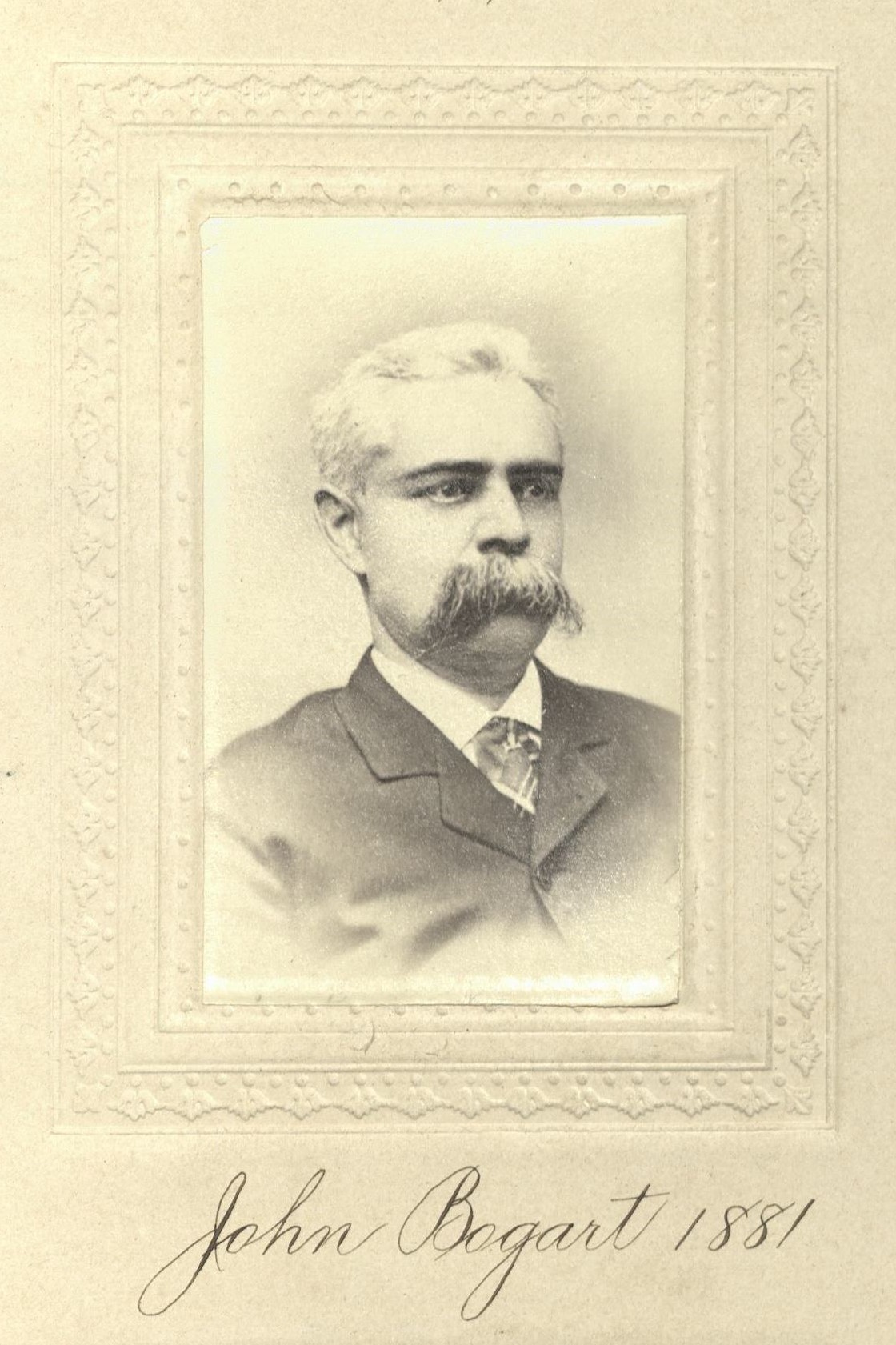 John BogartLandscape Architect/Civil EngineerCenturion, 1881–1920
John BogartLandscape Architect/Civil EngineerCenturion, 1881–1920 -
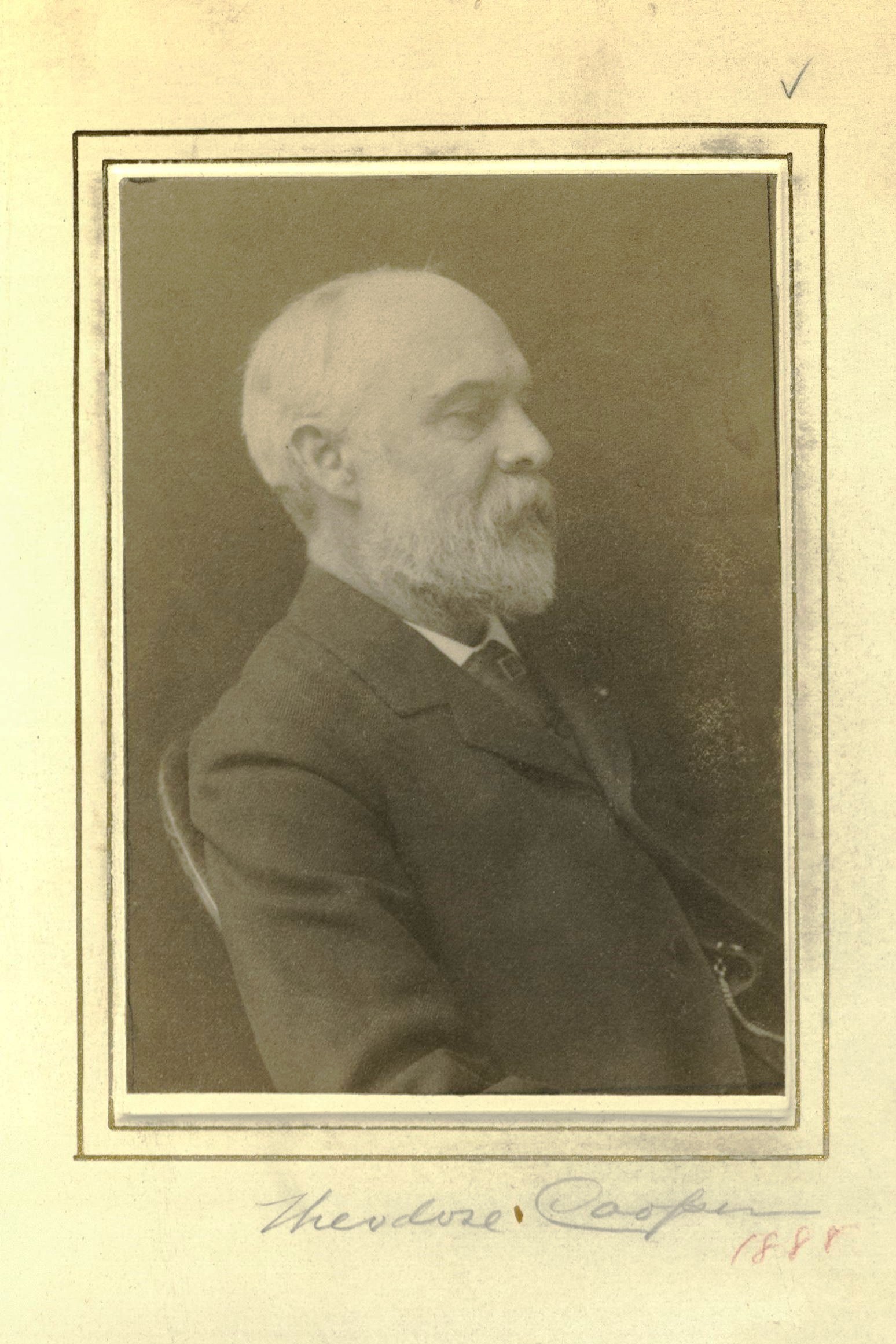 Theodore CooperCivil EngineerCenturion, 1888–1919
Theodore CooperCivil EngineerCenturion, 1888–1919 -
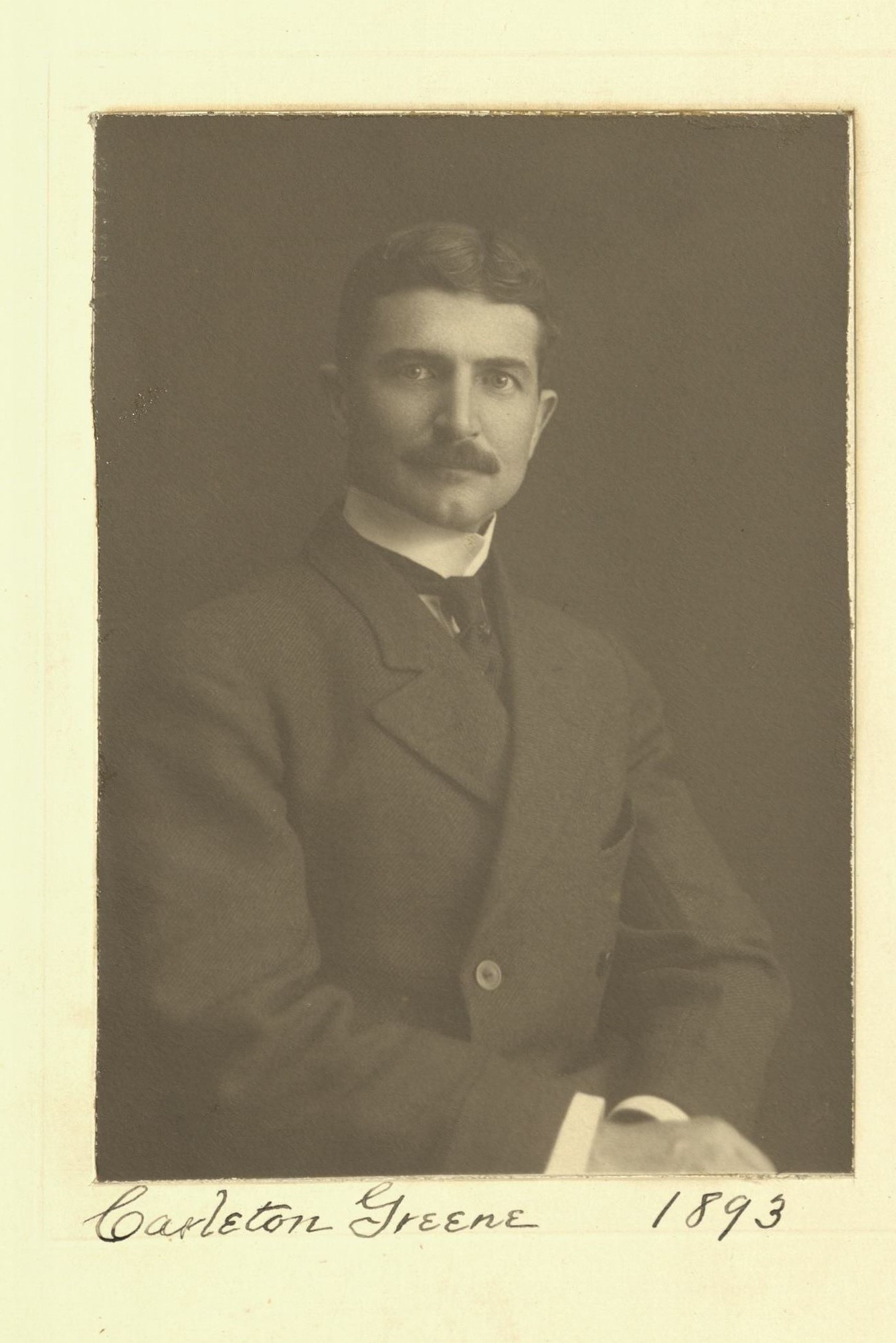 Carleton GreeneCivil EngineerCenturion, 1893–1942
Carleton GreeneCivil EngineerCenturion, 1893–1942 -
 Francis Vinton GreeneCaptain, Corps of Engineers, USACenturion, 1886–1921
Francis Vinton GreeneCaptain, Corps of Engineers, USACenturion, 1886–1921 -
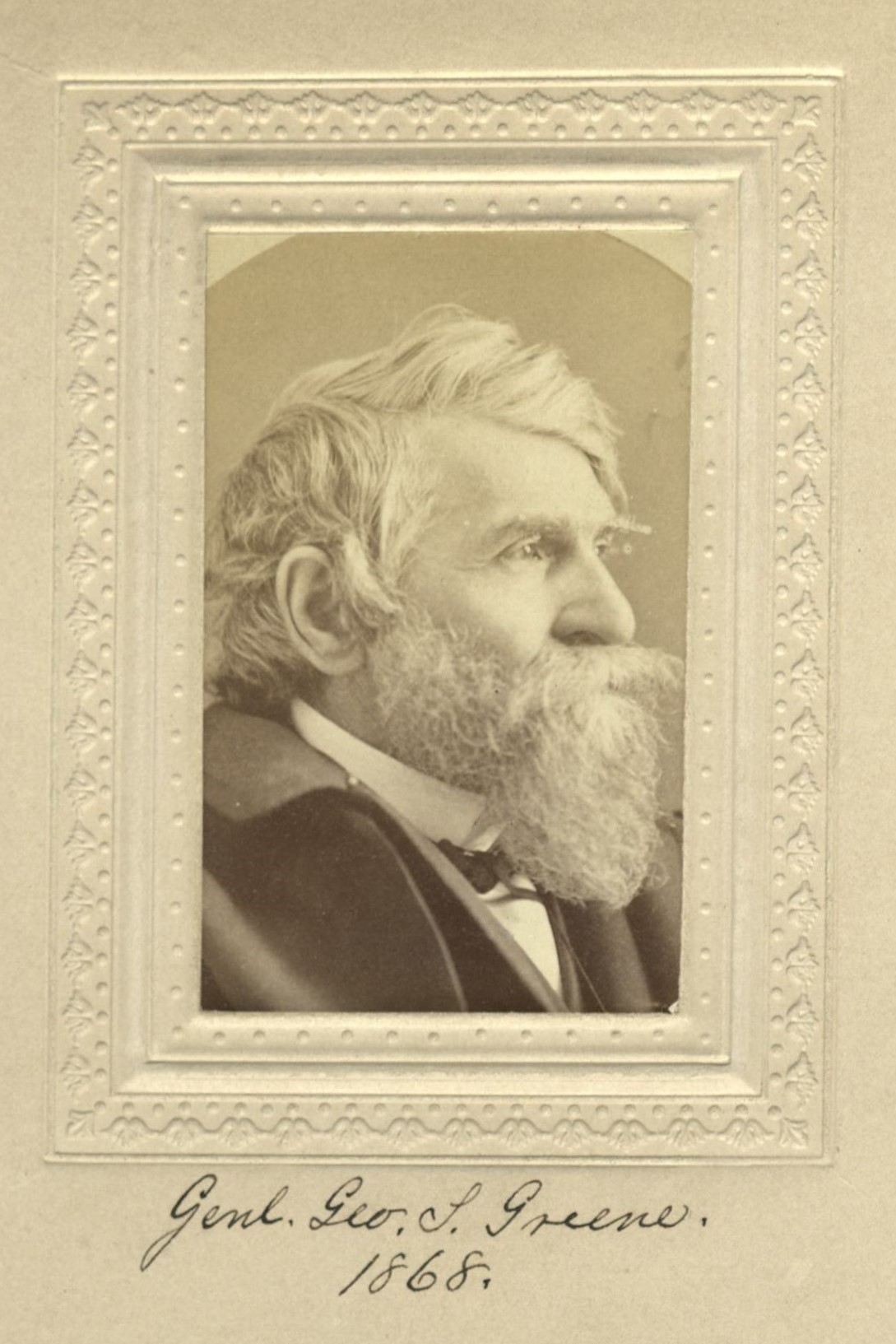 George S. GreeneArmy Officer/EngineerCenturion, 1868–1899
George S. GreeneArmy Officer/EngineerCenturion, 1868–1899 -
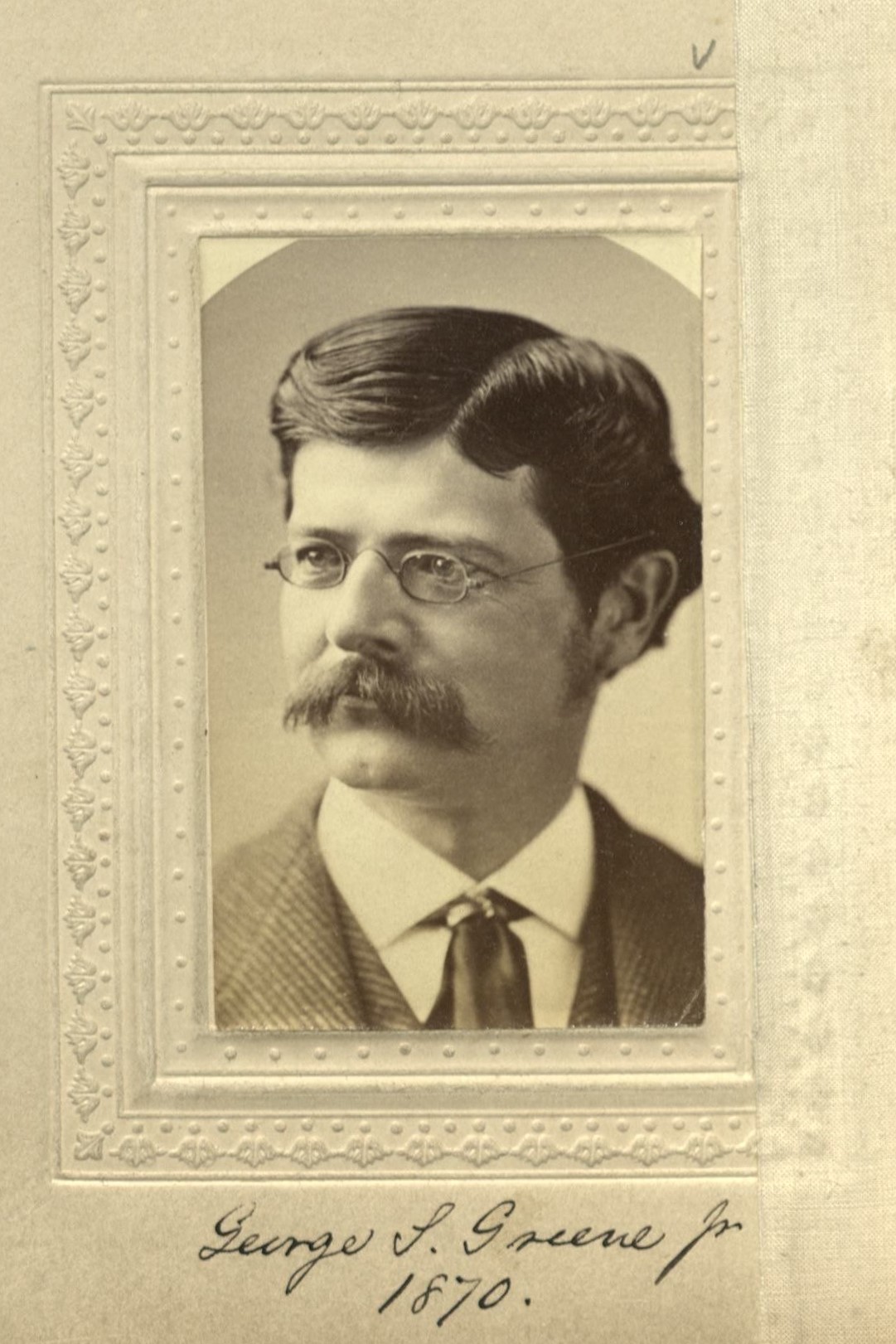 George S. Greene Jr.Civil EngineerCenturion, 1870–1922
George S. Greene Jr.Civil EngineerCenturion, 1870–1922






